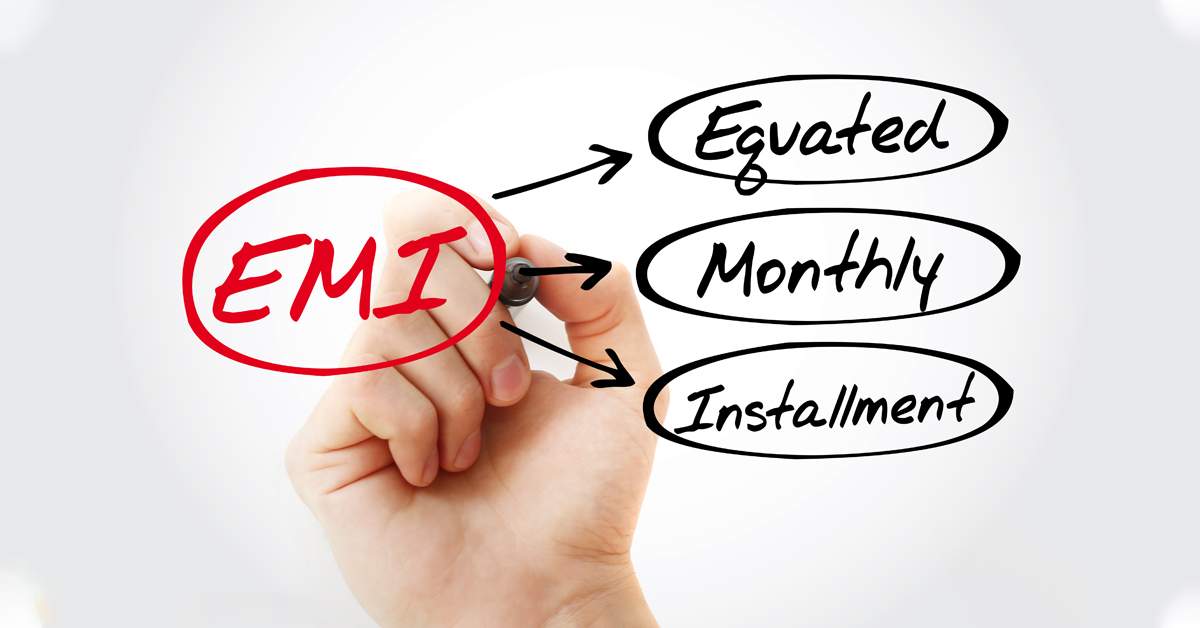
Sep14
Managing your EMIs
Loans are the most favoured medium of financing a property purchase, be it buying a home or commercial property, and the ease of getting a loan has facilitated it even more. But with loans come the EMIs. Managing EMIs effectively could be a task. We have few tips for you to be financially stable even after the purchase of your asset. But before we delve into certain tips that can help you efficiently manage your EMIs, we need to understand what EMIs are.
Equated Monthly Instalments or EMIs, as the name suggests, are equally divided amounts of money that you pay to clear off a loan or debt. EMIs can be tricky if not managed well. When it comes to such massive financial transactions, it is important to keep a few things in mind.
Set realistic goals
Paying off a home loan is a fairly long commitment. Before opting for a home loan make sure you are in the financial position to pay it off. It is important to have a clear approach to goal setting when applying for home loans. Calculating your expenses beforehand is pivotal in this case. Don’t make the mistake of over-borrowing.
Decide on a Repayment Tenure
What is a repayment tenure? The repayment tenure is the time that you take to repay your home loan through EMIs. A longer tenure might be your first choice when deciding on the number of EMIs, but you might end up paying a larger sum in interest. A shorter tenure might, on the other hand, lead to financial instability. Hence, it is very important to carefully investigate the market and your capability to decide on a repayment schedule that is both profitable and realistic. If you have a stable income, it is better to opt for a shorter tenure, since banks often provide lower interests to encourage faster repayment.
Manage your expenses cautiously
When you are in the process of paying off your home loan, it is in your best interest to stay away from making another enormous investment in another asset. Plan out an annual or monthly budget and stick to it religiously to avoid difficulties in the future. You have to pay the EMIs regularly and diligently to retain credibility and to prevent an overdue or an increased interest rate because of penalizations.
Maintain the requisite CIBIL score
A CIBIL score is an easy way through which the bank or lenders gauges whether or not the customer can repay the loan amount. Since most home loans encompass a hefty amount of money, a CIBIL score becomes a crucial apparatus to encourage banks or lenders to give you the desired sum of money. A CIBIL score of 750 or above can easily make you eligible for a home loan and in most cases, a 700 should suffice too.
Read all the documents carefully
We know it becomes quite troublesome to navigate your way around a pile of legal and economical jargon often found in legal documents. However, we advise you to spend some time going over all the scheme-related documents and properly understanding each scheme before signing the legal contracts. You might also hire a trusted professional who could do this job for you.
Summing it up
Each family is tailor-made and so are the expenses. So don’t compare your EMI amount or tenure with others, make your calculation. Efficient EMI management can help you handle your expenditure even after possession of the asset.

